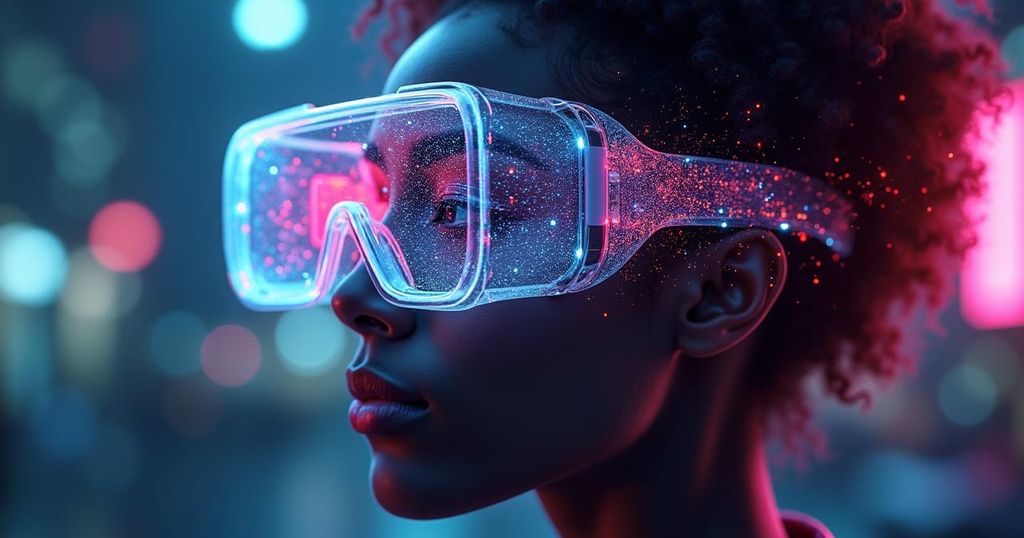Snap and Meta have revealed new AR glasses, enhancing the wearable tech landscape. SpaceX has successfully docked with the ISS to rescue two astronauts, delayed in space due to technical issues. El Cosmico in Texas is set to construct the world’s first 3D-printed hotel, while researchers develop innovative medical imaging techniques. Hurricane Helene has disrupted tech supply chains in Florida, raising concerns over essential materials.
In a significant development within the technology sector, both Snap and Meta have introduced their latest generations of augmented reality (AR) glasses, aiming to challenge the dominance of smartphones. Snap has presented the fifth iteration of its Spectacles, enabling users to overlay digital imagery in real environments, although this feature is initially restricted to developers requiring a subscription of $99 per month for a year to access the device for app development. Recently, during its annual conference, Meta’s CEO Mark Zuckerberg showcased the prototype of Orion, an advanced lightweight AR device that employs AI to analyze user behavior and offer proactive suggestions. This innovative technology is operable through hand gestures and wristband signals, potentially including brain activity recognition. In another noteworthy advancement, a SpaceX Crew Dragon capsule has successfully docked with the International Space Station (ISS) to retrieve astronauts Barry Wilmore and Sunita Williams. Initially launched to facilitate a short stay in June aboard a Boeing Starliner, the return of these astronauts has been delayed until February 2025 due to various technical difficulties that plagued the Starliner. Following extensive assessment and troubleshooting by Boeing and NASA, it was decided that the SpaceX capsule, which had room for additional passengers, would carry Wilmore and Williams back home instead of remaining empty. Additionally, a Texas hotel, El Cosmico, is making headlines as it embarks on a groundbreaking project to construct the world’s first 3D-printed hotel, with collaborations from local 3D printing firm ICON and architecture group Bjarke Ingels. This initiative aims to foster greater creativity in hotel construction. Meanwhile, researchers at University College London have developed a miniature scanning technology using lasers for medical imaging that could eliminate the risks associated with X-rays. In another innovation, scientists at the University of Southampton have successfully inscribed the genetic information of a complete human on a crystal, providing a potential method for preserving humanity’s genetic blueprint. Finally, amidst technological advancements, Hurricane Helene has wreaked havoc across Florida, resulting in significant fatalities and disrupting crucial quartz deposits essential for microchip production, thereby raising concerns within the global tech supply chain.
The recent announcements from Snap and Meta highlight an escalating competition in the field of augmented reality, as both companies seek to establish their footing in a rapidly evolving marketplace. As technology advances, augmented reality is emerging as a significant contender that could eventually replace traditional smartphones. Similarly, space exploration continues to make strides, as exemplified by the collaboration between SpaceX and NASA to facilitate astronaut safety and capacity in the face of technological challenges. Furthermore, advancements in construction technology and medical imaging are positioning innovation as a pivotal aspect of economic and social development.
In conclusion, the unveiling of new AR glasses by Snap and Meta marks a pivotal moment in the ongoing evolution of wearable technology. Simultaneously, developments in space travel and the application of innovative construction methods reflect the dynamic landscape of the technology sector. The continuous integration of advanced technology in various fields underscores the importance of innovation in addressing both existing challenges and future societal needs.
Original Source: www.weforum.org

Leave a Reply